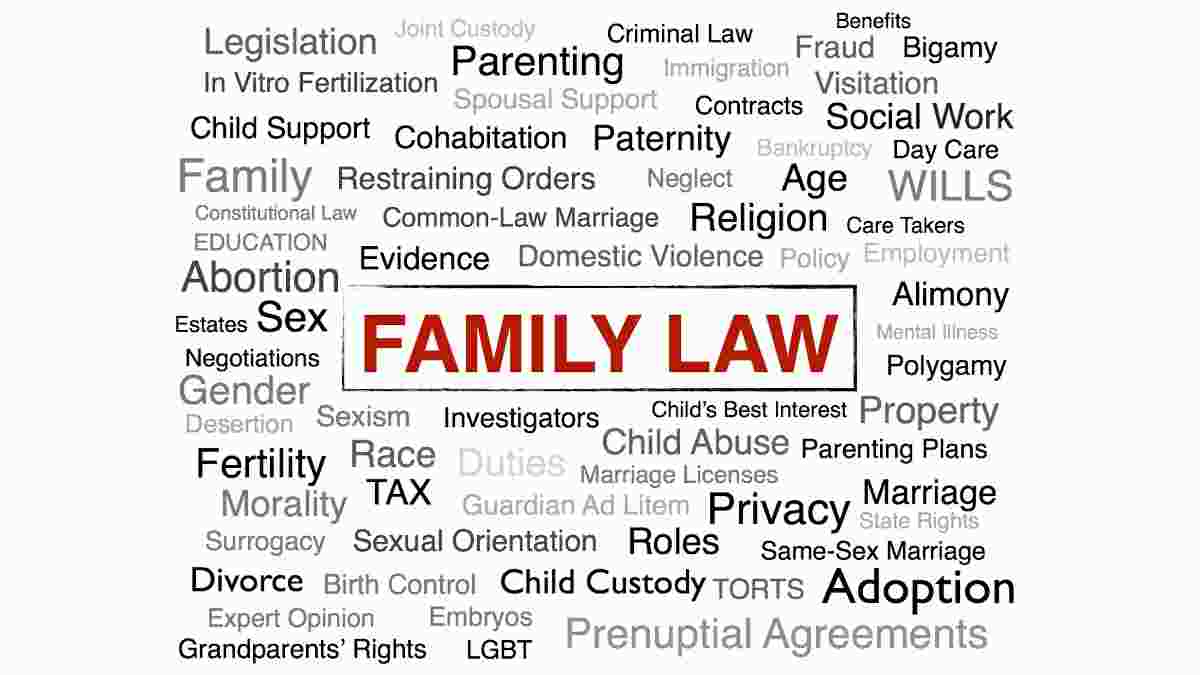Hindu Marriage Act Explained: The institution of marriage holds profound significance in Indian society, particularly within the Hindu community. Indeed, the Hindu Marriage Act, 1955, serves as the cornerstone of legal marital relationships. Therefore, understanding its provisions is crucial for individuals seeking to navigate the complexities of marriage, divorce, and related matters. In this context, Synergy Law Group, a top-ranking family court law firm, offers expert guidance, ensuring clarity and legal protection.
The Hindu Marriage Act Explained: Top Ranking Family Court Lawyer’s Guidance – Synergy Law Group
Understanding the Hindu Marriage Act, 1955
First and foremost, the Hindu Marriage Act, 1955, codifies the laws relating to marriage among Hindus. Specifically, it defines the conditions for a valid Hindu marriage, grounds for divorce, and provisions for maintenance and custody. Moreover, it aims to regulate and standardize marital practices, ensuring fairness and legal recognition. Essentially, the Act provides a legal framework for the institution of Hindu marriage.
Furthermore, the Act applies to Hindus, Buddhists, Jains, and Sikhs, and those who are converted to these religions. For instance, it outlines the essential ceremonies required for a valid Hindu marriage, such as “Saptapadi” (taking seven steps around the sacred fire). Additionally, it specifies the conditions for a valid marriage, including the capacity of the parties, consent, and prohibited relationships. Consequently, adherence to these provisions is vital for the legal validity of a Hindu marriage.
Conditions for a Valid Hindu Marriage
Subsequently, let’s examine the conditions for a valid Hindu marriage. To illustrate, both parties must be Hindus. Next, neither party should have a living spouse at the time of marriage (monogamy). Then, both parties must give their free consent. Finally, they must not fall within the prohibited degrees of relationship, unless custom permits it.
Now, let’s delve into the specific provisions related to consent. In essence, consent must be freely given, without coercion, fraud, or misrepresentation. Particularly, if consent is obtained through fraudulent means, the marriage can be declared null and void. Indeed, the Act emphasizes the importance of genuine consent for a valid marital union. Therefore, any form of coercion or deception can invalidate a marriage.
Synergy Law Group: Expertise in Family Law
In this regard, Synergy Law Group stands out as a leading family court law firm. Notably, their expertise in the Hindu Marriage Act is highly regarded. Specifically, they offer comprehensive legal services, including marriage registration, divorce proceedings, and maintenance claims. Furthermore, their team of experienced lawyers possesses in-depth knowledge of family law and procedures. Therefore, they are well-equipped to handle diverse marital disputes with sensitivity and expertise.
Moreover, Synergy Law Group prioritizes client confidentiality and provides personalized legal solutions. To illustrate, they understand the emotional complexities of family disputes and offer tailored legal advice. In fact, they guide clients through every step of the legal process, ensuring clarity and support. As a result, clients can trust them to handle their cases with professionalism and empathy.
Legal Terms and Concepts
Moving forward, understanding key legal terms and concepts is crucial in the context of the Hindu Marriage Act. Specifically, “Saptapadi” refers to the seven steps taken by the bride and groom around the sacred fire. For instance, “Restitution of Conjugal Rights” refers to a legal remedy that compels a spouse to resume cohabitation. In addition, “Judicial Separation” allows spouses to live separately without dissolving the marriage. Subsequently, “Divorce” refers to the legal dissolution of marriage.
Furthermore, “Maintenance” refers to financial support provided to a spouse or children. Similarly, “Custody” refers to the legal right to care for a child. Also, “Annulment” refers to the declaration that a marriage is null and void. Consequently, understanding these terms helps in navigating the legal landscape of Hindu marriage and divorce.
Grounds for Divorce Under the Hindu Marriage Act
Besides, let’s examine the grounds for divorce under the Hindu Marriage Act. In detail, these grounds include adultery, cruelty, desertion, conversion, and unsoundness of mind. Moreover, grounds such as leprosy were previously included, but legal changes have removed them. Thus, proving these grounds requires substantial evidence and legal expertise.
Additionally, mutual consent divorce is also a provision, allowing couples to dissolve their marriage amicably. In essence, this requires both parties to agree on the divorce and related matters. Therefore, it simplifies the divorce process, reducing conflict and emotional distress.
Maintenance and Custody Provisions
To continue, maintenance and custody provisions are crucial aspects of the Hindu Marriage Act. Notably, the court can order either spouse to provide maintenance to the other or to the children. Therefore, the amount of maintenance depends on various factors, including the income of the parties and the needs of the children. For example, in cases of child custody, the court prioritizes the child’s welfare. Also, the court may grant custody to either parent or order joint custody.
In addition, the court considers the financial stability and emotional well-being of the parents. Consequently, the goal is to ensure that the child’s best interests are protected. In fact, the court may also seek input from child psychologists and other experts.
Frequently Asked Questions
A: Essential conditions include both parties being Hindus, neither having a living spouse at the time of marriage (monogamy), free consent from both parties, and not falling within prohibited degrees of relationship, unless custom permits it.
A: Primary grounds include adultery, cruelty, desertion, conversion, and unsoundness of mind. Mutual consent divorce is also an option when both parties agree.
A: “Saptapadi” refers to the seven steps taken by the bride and groom around the sacred fire. It is a crucial ritual in Hindu marriage ceremonies, signifying the completion and legal validity of the marriage.
A: The court determines maintenance based on factors like the income of both parties and the needs of the spouse or children. For child custody, the court prioritizes the child’s welfare, considering the financial stability and emotional well-being of the parents.
A: “Judicial Separation” allows spouses to live separately without legally dissolving the marriage, providing a period for reconciliation. “Divorce,” on the other hand, legally dissolves the marriage, ending all marital rights and obligations.
Conclusion
In summary, the Hindu Marriage Act, 1955, provides a comprehensive legal framework for marital relationships. Synergy Law Group offers expert legal guidance, ensuring clarity and protection for individuals navigating these complex issues. Ultimately, their commitment to client satisfaction and in-depth knowledge of family law make them a trusted partner. Therefore, by seeking expert legal advice, individuals can navigate the complexities of Hindu marriage with confidence and achieve favorable outcomes.
Read More
- Mutual Consent Divorce
- Mutual Consent Divorce Guidance: Top Rated Family Court Lawyer’s Guidance
- The Special Marriage Act: Expert Family Court Legal advisor’s Legal Guidance
- Handling Maintenance Cases: Best Ranking Family Court Advocate’s Advocacy
- Understanding the Hindu Marriage Act: Top Rated Family Court Legal Consultant’s Guidance
- Ministry of Law and Justice


